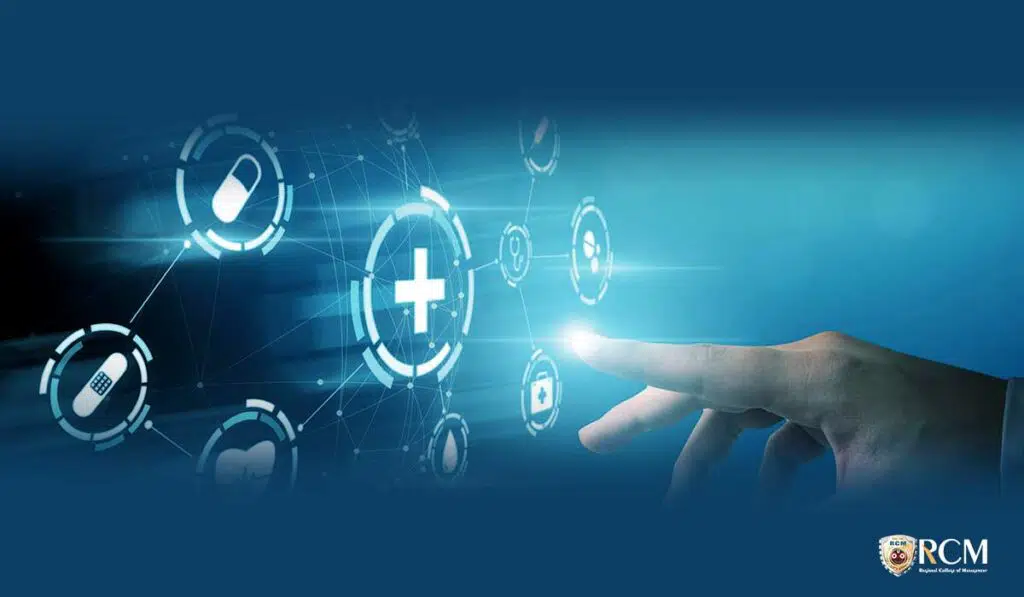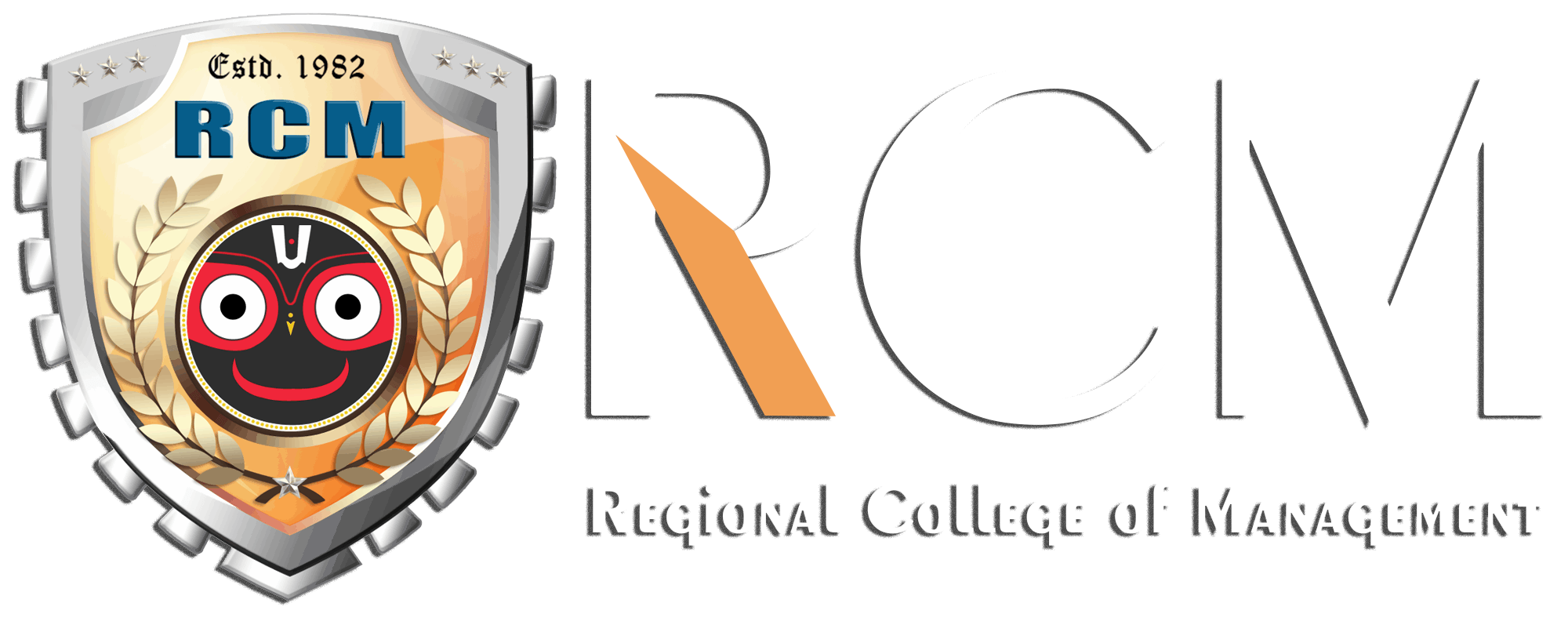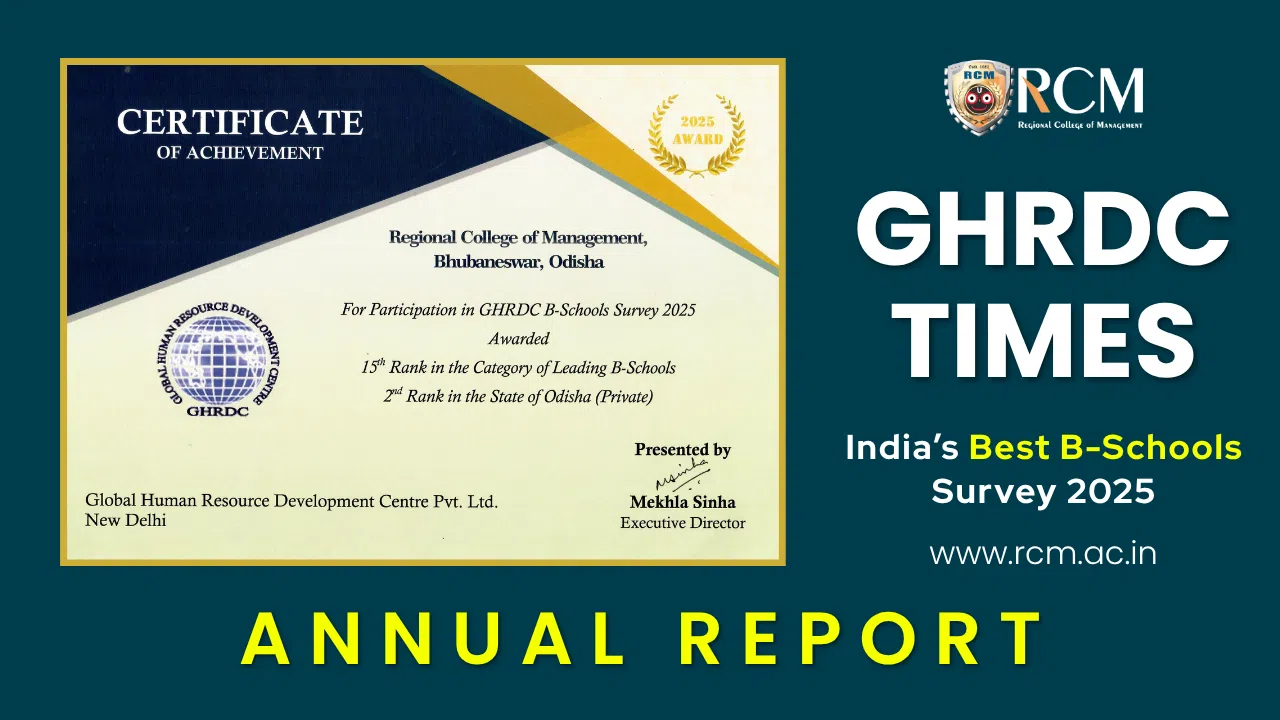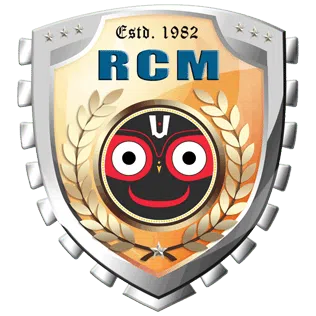Blockchain is a new technology which is being utilized to provide innovative concepts in a variety of industries, including healthcare. In the healthcare sector, it is a network, created to gather and share patient data. It occurs in hospitals, diagnostic laboratories, pharma companies, and physicians.
Its applications in the medical profession can properly identify serious and even fatal mistakes. It has the potential to improve the performance, security, and clarity of medical data exchange in the health care system. In this blog, we are going to explore blockchain technology and its numerous applications in healthcare.
An Overview:
Blockchain plays a key role in dealing with fraud in clinical trials; the promise of this technology here is to increase data efficiency for healthcare. It can serve to ease the concern of data alteration in healthcare by enabling a one-of-a-kind data storage pattern with the greatest level of security. It provides diverse data access, interconnection accountability, and authenticity. Health records need to maintain confidentially for several reasons. It contributes to the decentralized protection of data in healthcare and helps to prevent specific threats.
We already have two blogs on blockchain and its impact, along with the future scenario of it. Do check them out before you proceed with this.
More About Blockchain;
It is a network of devices, designed to restrict who stores data. It is a great solution for safeguarding sensitive data within the system. This technology facilitates the flow of essential data while keeping it private and secret. It is an ideal solution for securely storing all linked papers in one area. Using a single patient database, this also speeds up searches for candidates who meet certain trial requirements.
This is a peer to peer (P2P) network of personal computers known as nodes that maintain, save, and record historical or transaction data. In Blockchain, data is maintained on networks instead of a central database, improving stability and showing its proneness to being hacked. It poses a great forum to expand and contend with old corporations for a modern-day and inventive business prototype.
Blockchain enables marketers to keep track of the items used in medicine. The health and pharma sectors will use Blockchain technology to eliminate fake medication.
As A Source of Distributor;

Blockchain enables marketers to keep track of the items used in medicine. The health and pharmaceutical sectors will use this technology to eliminate fake medications, allowing for the tracking of all these products. It aids in determining the source of the falsehood. Blockchain can ensure the secrecy of patient records. When a medical history created, Blockchain may preserve it, and this record cannot altered. This network utilized at the hospital using entirely commodity hardware. Using resources saved by these devices, researchers may compute estimates for therapies, medications, and treatments for various ailments and conditions, allowing for the tracking of all these products.
This network adapted at the hospital, using entirely commodity hardware. Using resources saved by these devices, researchers may compute estimates for therapies, medications, and treatments for various ailments and conditions.
Researchers can use this technology to analyze a vast amount of previously unknown information on a certain group of people. It aids in the progress of precision medicine by providing adequate funding for longitudinal research. We leverage Blockchain for real-time healthcare using the Internet of Things (IoT) & wearable devices to store and update critical medical data such as blood pressure and sugar levels.
It assists doctors in tracking patients who are at high risk as, in the event of an emergency, advising and alerting their careers and families. Blockchain’s decentralised nature allows it to safely hacked without compromising anyone’s copy of the records.
Function of Blockchain;
A blockchain system operates on top of the internet, on a peer-to-peer network of computers that all execute the protocol and have an identical copy of the transaction ledger, enabling P2P value transactions without the use of an intermediary by machine consensus. Blockchain technologies are classified as public, private, hybrid, or consortium. Each of these networks has unique benefits and drawbacks that determine its best uses.
Public Blockchain;
The public blockchain was the original version of blockchain technology, and it is where Bitcoin and other cryptocurrency were born, as well as where distributed ledger technology was initially promoted. It reduces centralisation downsides, such as a lack of security and transparency. DLT conveys data around a peer-to-peer network rather than keeping it in a specific location. It requires some form of data verification due to its decentralised nature.
Private Blockchain;
A private blockchain network is one that runs in a limited environment, such as a closed network, or is owned by a single company. It behaves similarly to a public blockchain network in terms of P2P connections and decentralisation, but it is much smaller. The creator of a private blockchain network knows who the participants are from the start. On the public web, it is impossible to establish a permission based system, because users are completely anonymous.
Hybrid Blockchain;
Organizations seeking the best of both worlds may use hybrid blockchain technology, a kind of blockchain that combines private and public features. It enables organisations to construct a private, permission based system in addition to a public, permissionless system, allowing them to control who has access to certain data kept on the Blockchain and what data is made public.
The Power Of Blockchain In Healthcare;
Presently, there is a demand for high-quality healthcare facilities that backed by innovative and innovative technology. In this case, it would play a key role in rebuilding the healthcare sector. Furthermore, the healthcare environment is shifting toward a patient centered strategy that emphasises two key aspects: always accessible services and appropriate healthcare resources.
The Blockchain improves the ability of healthcare organisations to deliver enough patient care and high-quality health facilities. Another time consuming and repetitive activity that contributes to high healthcare expenses may be resolved swiftly with this technology.
Citizens can participate in health research initiatives using Blockchain technology. Furthermore, improved research and data sharing on public well-being would improve therapy for many populations. To administer them, a centralized database is created.
Till date, the most significant issues in population health management have been data privacy, sharing, and interoperability. The use of Blockchain ensures the reliability of this problem. When properly implemented, this technology improves security, data interchange, integrity, and real-time updating and access.
There are also serious worries regarding data security, particularly in the realms of personalized medicine and wearables. Patients and medical personnel require a simple and secure method of recording, transmitting, and consulting data over networks. So, Blockchain technology is need to address these issues.
There is more to come related to blockchain and its relevance in the healthcare field. So, stay alert and active for the upcoming blogs on blockchain technology.




























